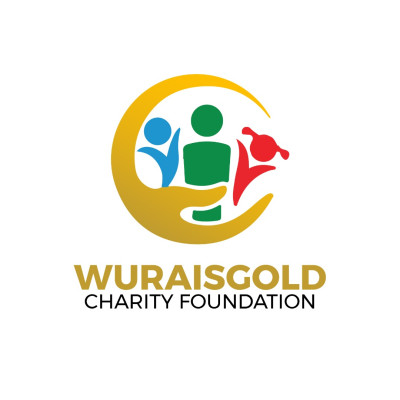Health experts have called for increased public awareness and responsible communication on vaccines and immunisation, stressing the need to combat misinformation and promote evidence-based health decisions.
This was the thrust of a webinar titled “Immunisation Truth: Separating Fact from Fiction”, organised by the Wuraisgold Charity Foundation on Thursday. The virtual session attracted health advocates, professionals, and public members seeking clarity on vaccine-related myths and realities.
In her opening remarks, the Chief Executive Officer of Wuraisgold Charity Foundation, Mrs Wuraola Abosede Jackson, said that in today’s digital age, misinformation can spread rapidly, making it essential to rely on evidence-based knowledge, particularly regarding life-saving interventions like immunisation.
She said, “On behalf of Wuraisgold Charity Foundation, we are honoured to host this critical conversation, which aligns with our mission to promote access to accurate health information and empower communities.”
Moderated by Dr Biodun Oguniyi, the webinar featured insightful presentations from Dr Olayinka Stephen Ilesanmi, a public health expert, and Mr Sunday Oko, a media and social health advocate.
Dr Ilesanmi began by addressing widespread immunisation myths, especially concerning vaccine safety and side effects. He explained that while vaccines, like any medical intervention, may cause minor reactions such as swelling or fever, these are generally mild and manageable. In rare cases, he noted, severe allergic reactions—known as anaphylaxis—may occur but are closely monitored and addressed within medical frameworks.
“Vaccines undergo rigorous development processes that span 10 to 15 years and involve layers of testing, evaluation, and approval by global health bodies such as the World Health Organization (WHO), the United States Food and Drug Administration (FDA), and other regulatory agencies,” he said.
Dr Ilesanmi emphasised the importance of reporting adverse reactions to the nearest healthcare centre for prompt investigation and management.
He also highlighted the critical role of stakeholders, governments, healthcare providers, and civil society in promoting vaccine acceptance. According to him, “Vaccines save lives. Ensuring transparency, accountability, and continued evaluation makes them even safer.”
In his remarks, Mr Oko addressed the impact of misinformation and disinformation, particularly during the COVID-19 pandemic. He noted that the flood of unverified claims on social media platforms led to widespread confusion and resistance among the public.
“There is a pressing need for public health advocates to lead with facts, not fear,” he said.
Oko commended organisations like the Wuraisgold Charity Foundation for raising awareness using tools such as infographics, verified health content, and strategic hashtags to promote accurate information.
He advocated for social listening and monitoring of public narratives to counter misinformation effectively and encouraged participants to take social responsibility by sharing positive and verified health stories.
The session concluded with a call to action for improved health literacy, responsible information sharing, and the need to document and report vaccine-related issues appropriately, rather than amplify unfounded claims.





